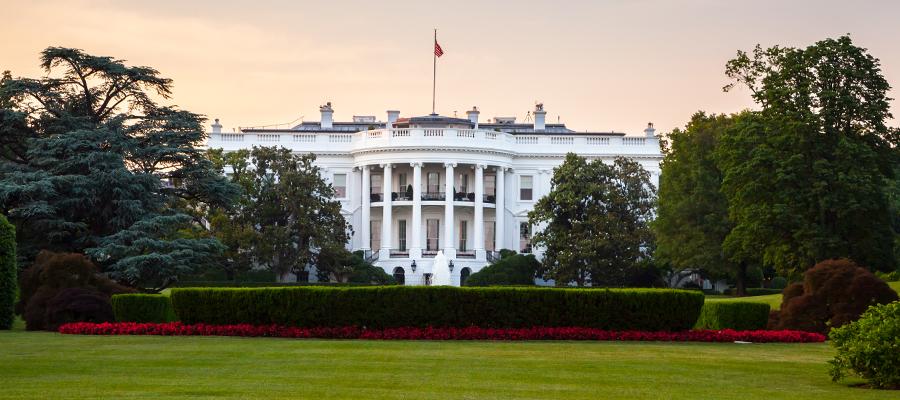President signs Executive Order to promote economic competition with provisions affecting health care

President Biden today signed an executive order establishing a “whole-of-government” effort to promote competition in the American economy. The EO includes 72 initiatives by more than a dozen federal agencies to tackle competition issues across the economy, including in health care, financial services, technology and agriculture. The EO, which does not have the force of law or regulation and rather serves to provide direction to federal agencies, contains a number of provisions directed at drug manufacturers, hospitals and health insurers.
In a statement, AHA President and CEO Rick Pollack said, “Today’s executive order is expansive, establishing an all-of-government effort to promote competition across many sectors of the economy. With health care, the executive order targets drugs costs and commercial health insurance plans, and hospitals and health systems as well, among others.
“In fact, with commercial health insurance plans, nearly three out of four markets were highly concentrated in 2019 and the top five largest insurers alone control nearly 50% of the market. Studies have found that when an insurance market is highly concentrated, insurers reduce provider payments and do not pass savings along to the consumer. We urge federal agencies to focus on policies that address in a meaningful way competition among commercial health insurers.
“However, today’s executive order falls short in several ways. For example, it does not recognize the exceptional value and essential services health systems provide to their patients and communities each day. This has been highlighted during the public health emergency of COVID-19. The pandemic challenged hospitals to transform their operations, which included rapidly expanding telemedicine services, overcoming shortages of equipment and drugs, retooling operations and reconfiguring space to provide life-saving care for patients and protect others from contracting the virus. Many hospitals were also called upon to backstop an inadequate public health response by providing information, counseling and vaccinations as those became available.
“Additionally, it is important to stress that hospital mergers and acquisitions undergo an enormous amount of rigorous scrutiny from the federal antitrust agencies and state attorneys general.
“Finally, contrary to statements in the executive order, health systems can be a particularly important option for retaining access to hospital services in some rural communities. Mergers with larger hospital systems can also provide community hospitals the scale and resources needed to improve quality and decrease costs.”

